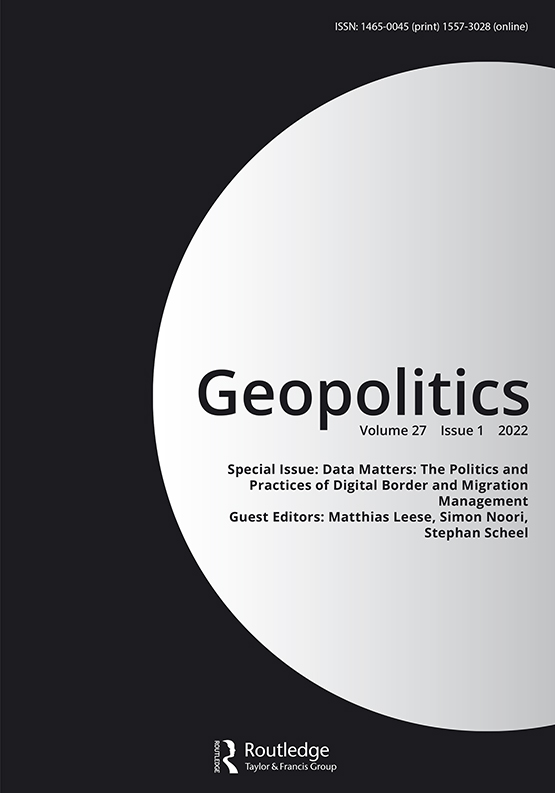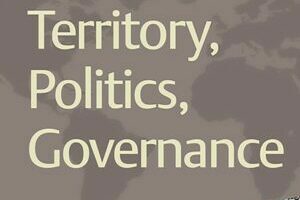Contested Spatialities of Digital Sovereignty
ABSTRACT
“Digital sovereignty” has become a buzzword in digital policies. Contrary to the imaginary of digital transformation as preceding an era of limitless global networking in the 1990s, approaches to state regulation and delimitation of data flows as well as programmes for national digital infrastructures are justified with calls for digital sovereignty across very different contexts. This forum brings together contributions from political geography, law, computer science, and ethics that compare and analyse discourses and practices of digital sovereignty. The case studies on Russia and the EU reveal parallels as well as fundamental differences in the conception and implementation of digital sovereignty. Essays on the challenges posed by new forms of cross-border interaction (such as cloud computing) and new actors (such as digital platforms) illustrate that the traditional coupling of concepts of sovereignty, territoriality and the state, of jurisdiction and borders, must be rethought. The essays in this forum thus make it clear that the digital transformation is not simply a socio-technical modernisation process. It is rather shaped in specific ways and should be understood and analysed as (geo)-political discourses and practices. The forum contributes to the development of a political digital geography that analyses how the digital transformation is contested and produced in specific ways and unearths the politics and spatialities conceived and produced in these discourses and practices.




